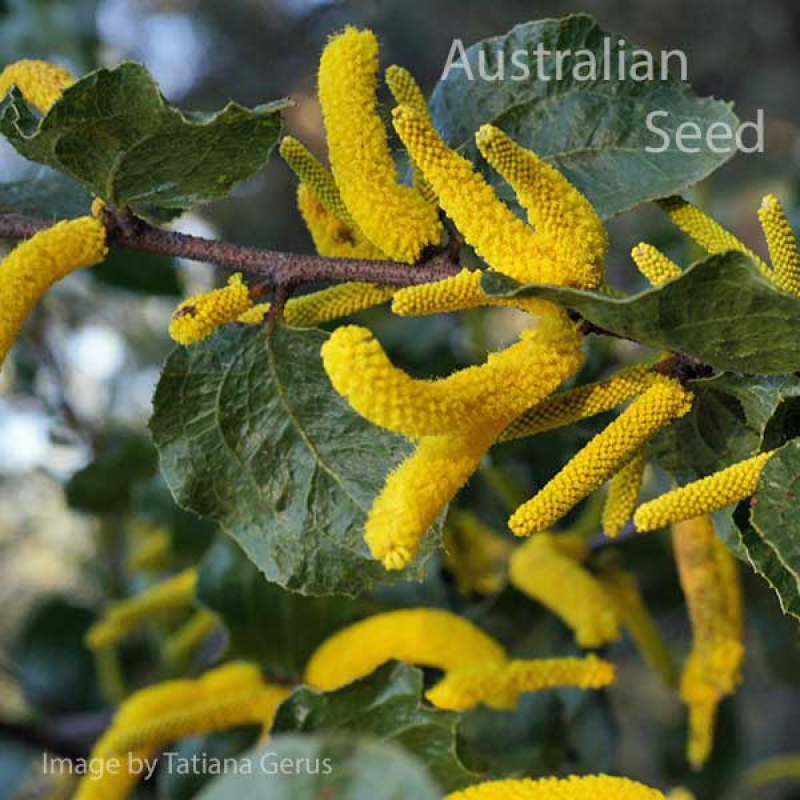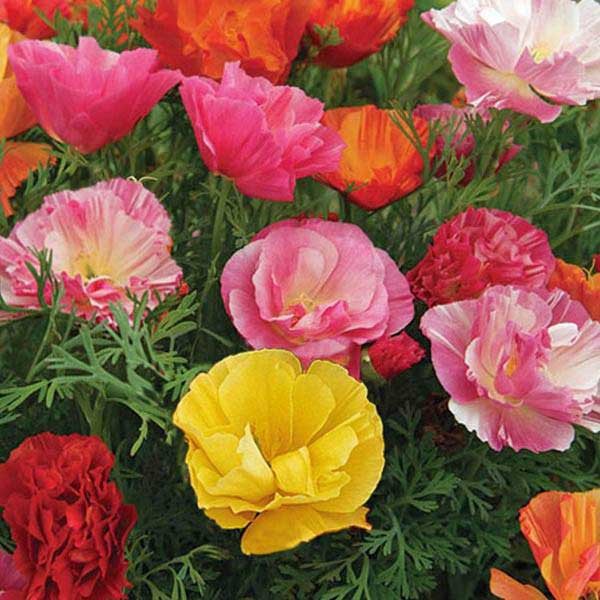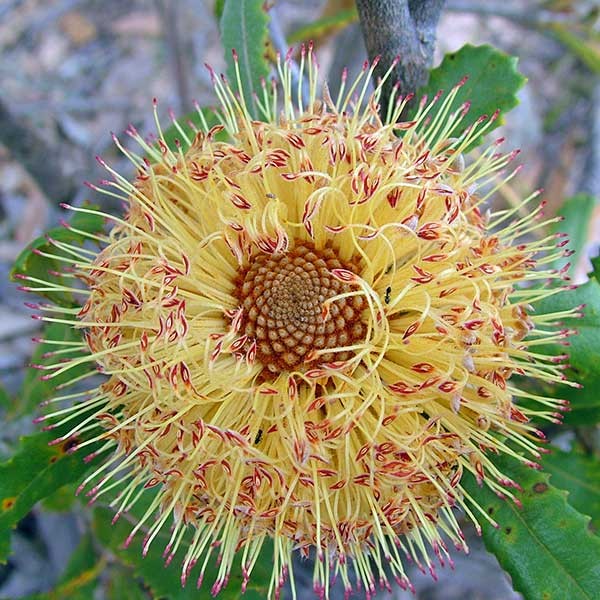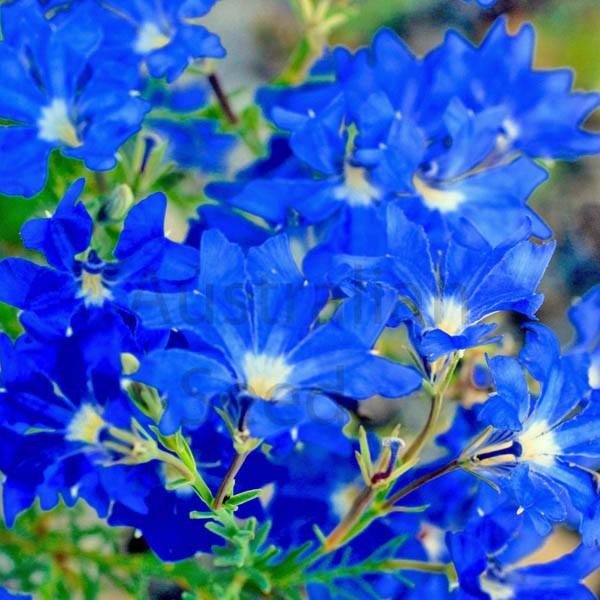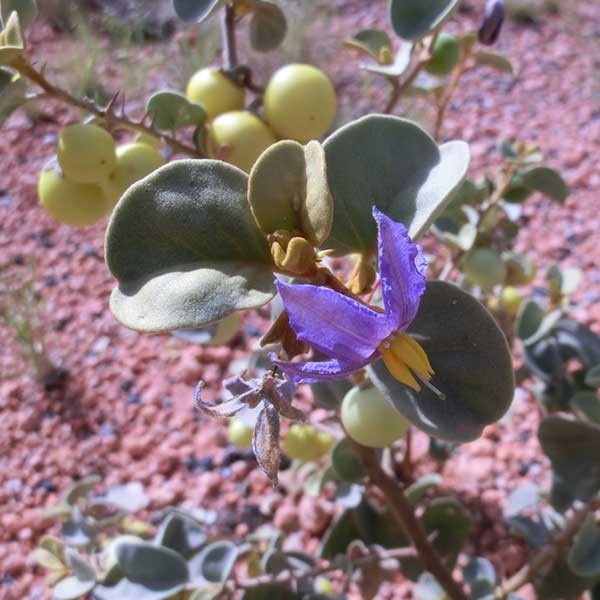We ship Internationally and Australia-wide | Phytosanitary Certificates are available for international orders.
Due to high order volumes, our handling time has been extended to 5-7 business days. We apologise for any inconvenience and appreciate your patience.
As the common name suggests the leaves are rough and actually feel like sandpaper. Flowering occurs from late winter to early spring and produces a spectacular display of dense, curved, yellow flower spikes.
Endemic in small populations to the Avon Wheatbelt, Coolgardie and the Swan Coastal Plain regions of Western Australia.
Suited to the hottest part of the garden. Prefers well-drained soil in full sun. Will tolerate temperatures down to -7°C. Tip pruning will make the plant bushier.
Conservation Code: Threatened Flora (Declared Rare Flora - Extant) Threatened and categorised as rare in the wild.
Image kindly supplied by Tatiana Gerus (Tatters) CC BY-SA 2.0
Pre-treatment: Hot Water
Place the seed in a container, pour in just boiled water, and allow to soak overnight.
The swollen seed can then be sown, and seeds that have not swollen can be re-treated.
Sow seed 3-5mm and keep moist. Germination should occur in 10-21 days @ 18-22C.
*Please note:
- Please do not be too hasty to discard seeds that do not germinate; seeds will often lay dormant until the conditions are similar to their natural germination requirements.
- As with all seeds, they must have adequate water to keep them moist but not too wet.
- These growth notes are provided as guidance only and do not guarantee successful germination.
Being a registered Export Establishment, we can provide a full export service from obtaining a Phytosanitary certificate (if required) to delivering your parcel to the transport company of your choice. If you are uncertain about the requirements for importing seeds into your country, do not hesitate to contact our Export Manager at Australian Seed.
It is important to note that the buyer is responsible for clearing the goods through customs and paying all associated charges, including import fees and taxes. Please note that we cannot accept returns due to Australian quarantine restrictions.
You can find the complete International terms and conditions by clicking on this link
At Australian Seed, we take pride in our extensive network of trusted suppliers and collectors who work with us to provide you with an unmatched selection of top-quality products.
Whether you are searching for a specific item or need to make a bulk purchase, our team is here to help. Our dedicated customer service representatives can guide you through our vast inventory and assist you in finding exactly what you need.
We are committed to providing our customers with the highest level of service and support.
Please don't hesitate to contact us at Australian Seed

